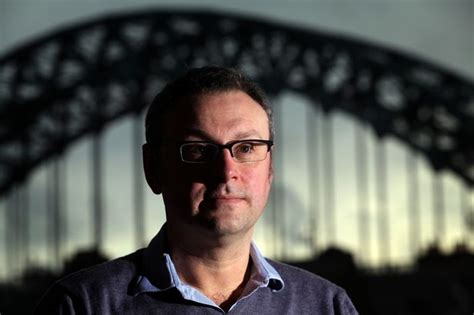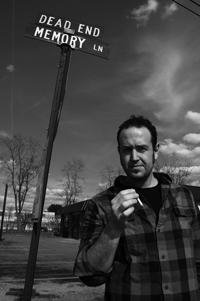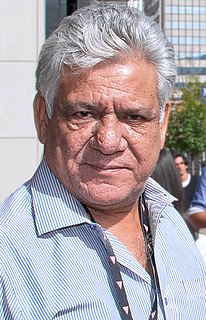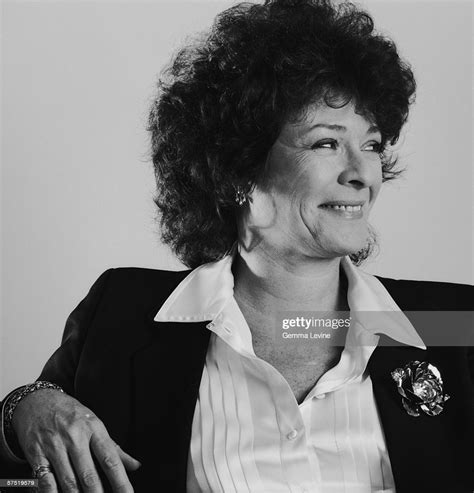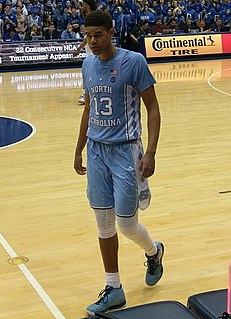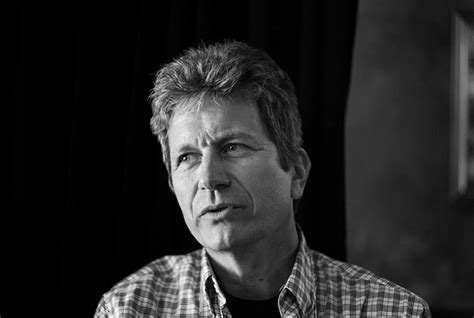A Quote by Diane Paulus
The idea of making audiences feel like they matter, that the theatre matters, and that they're a partner in the event—that's what fuels me as a director . . . I believe it's actually radical to think about the audience.
Related Quotes
If you've ever been in a romantic relationship and you say or do something that hurts your partner and then your partner is upset about it, it doesn't actually matter whether what you did had the intention that your partner thought it did. What matters is that the emotions are real. You can't invalidate that.
I think that film festivals, we're very often given to understand, are about filmmakers and about films and about the industry of filmmaking. I don't believe that they are, I believe that film festivals are about film audiences, and about giving an audience the encouragement to feel really empowered and to stretch the elastic of their taste.
And in the process, we have come up with fuels - algae-based fuels, isobutanol-based fuels and other fuels - that we think will power the planes in the future so that, you know, by 2020 I hope that our planes will be powered on fuels that are clean fuels and are not polluting the environment so that we'll have a green airline and an airline that actually has fuels that will be hopefully cheaper than the dirty fuels of the past. So [we're] doing good and also turning a profit at the same time.
I hear actresses talking about this all the time - this idea that you sit in meetings and the studio says, "Well, you can't do that because the audience won't like that. They won't root for you. It's not sympathetic." I think that we've been served this one dish for so long that we believe that it's all that audiences want, but when we test them or throw something out there that has some truth to it, they seem to always respond.
I did spend about 5 years in the Griffin Theatre Company in 1978 actually , and worked therefore about 5 years on a voluntary basis. This was very much as a amateur, doing things like mopping the floor, handling props, setting up scenery, etc. I never acted, and don't think I'm an actor, but those years in the theatre taught me a lot about professional theatre.
I think it doesn't matter, the color of your skin; it doesn't matter where you are from. It matters how you relate to people, how you connect with people, and the open-mindedness with which you approach the subject. That's to me what matters when you are making a film, not who you are or where you are from.
It doesn't matter if you have the greatest product in the world if no one will buy it. Have an idea of where your customers will come from and how to get to them. Partner with blogs and magazines that target that audience. If you partner with them, hopefully you won't have to spend money on advertising.
Independent means one thing to me: It means that regardless of the source of financing, the director's voice is extremely present. It's such a pretentious term, but it's auteurist cinema. Director-driven, personal, auteurist... Whatever word you want. It's where you feel the director, not a machine, at work. It doesn't matter where the money comes from. It matters how much freedom the director has to work with his or her team. That's how I personally define independent movies.
If you are able to see on a monitor what it's actually going to look like and have that kind of feedback informing your decisions, then you're bringing back a lot of the decision-making process of the designer, the director of photography and the director away from the post-production process and bringing it back into the actual capturing of the event on film.
If it's something I feel I can do alright, I like being in those, and some that I think Rob Schneider and David Spade would be funnier at than me, I tell them to do it. I don't have any clue how we decide. There's this thing, this "Click", actually, one of my friends called me up, my partner told me about this idea that Steve Koren had. Steve Koren, by the way, the guy who wrote it with Mark O'Keefe, Steve Koren I've known since I was 22. He was a page at Saturday Night Live.

